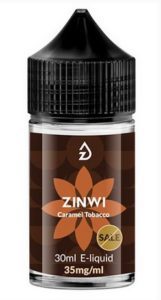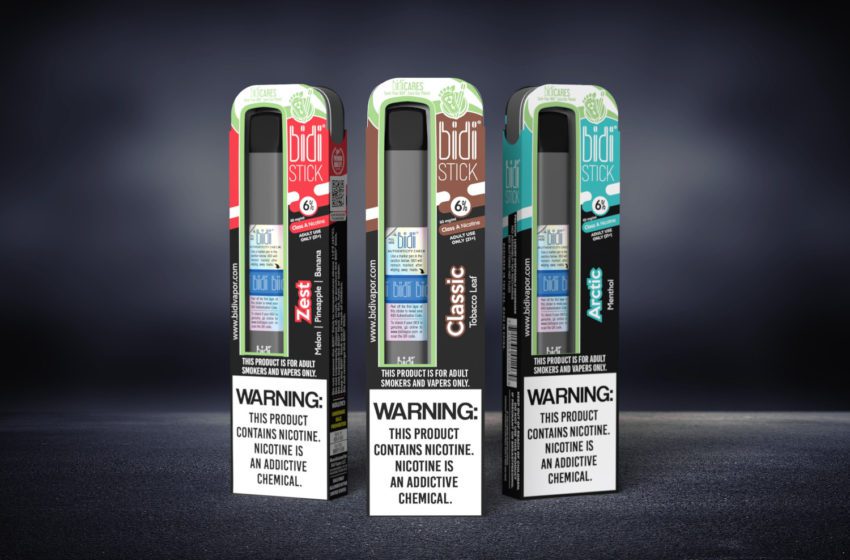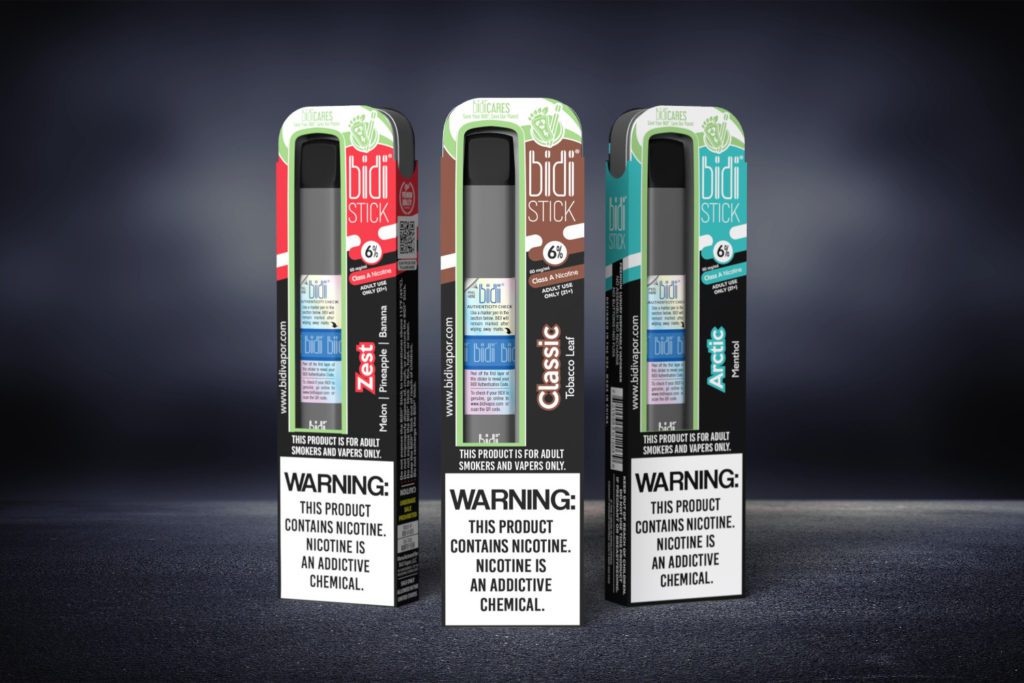Cleveland, Ohio is considering a proposal that would ban the sales of flavored cigars and most other tobacco products within Ohio’s second-most populous city.
At a City Council Meeting this week, Council President Blaine A. Griffin, Ward 6, and Council Member Kevin Conwell, Ward 9, introduced a proposed ordinance that would ban the sale of almost all flavored tobacco products within Cleveland city limits.
Ordinance No. 184-2023 has one exception, it would allow hookah bars to sell flavored shisha tobacco for on-site consumption. There are no exemptions for flavored cigars of any kind, reports Charlie Minato of Halfwheel.
The law defines a flavored tobacco product as one “that imparts a taste or smell, other than the taste or smell of tobacco, that is distinguishable by an ordinary consumer either prior to, or during the consumption of, a Tobacco Product, including, but not limited to, any taste or smell relating to fruit, menthol, mint, wintergreen, chocolate, cocoa, vanilla, honey, or any candy, dessert, alcoholic beverage, herb, or spice.”
It would also ban retailers and manufacturers from advertising products as having a taste or smell other than tobacco, presumably targeting things like the cooling sensation of menthol cigarettes.
While the bill passed the Republican-controlled legislature during a lame-duck session, it was vetoed by Gov. Mike DeWine, also a Republican, who called for a statewide ban on flavored vaping products. DeWine’s veto allows for laws like the one proposed in Cleveland to be enacted.






















